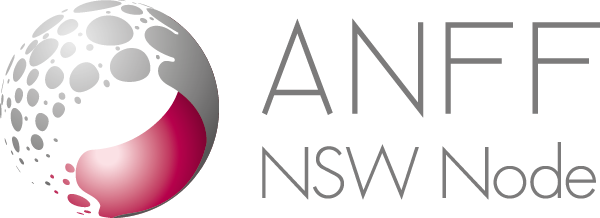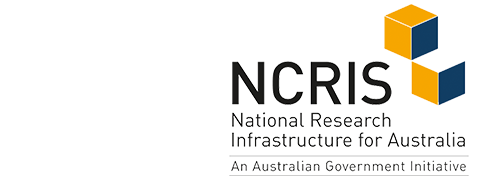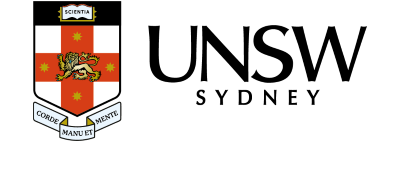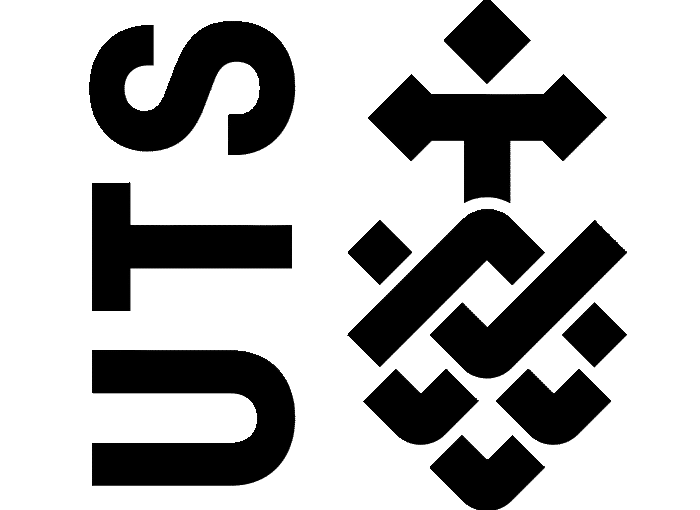A proof-of-concept published today in Nature has demonstrated a silicon quantum computing chip that operates at higher temperatures than ever before. The proof of concept device demonstrates a way to reduce the cost of cooling by orders of magnitude and is a significant step towards overcoming one of the fundamental roadblocks to building a practical quantum computer.
As with the majority of the work conducted by Professor Dzurak’s team, these devices are built with ANFF-NSW’s Silicon-MOS fabrication line, using similar processes to those currently used to produce conventional computing components. This means there are already production lines in place that can be adapted to produce the new QC components at scale, using existing semiconductor foundries once these devices are perfected.
The work has already been featured on the ABC website and in IEEE Spectrum.









